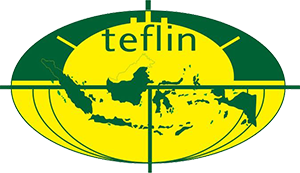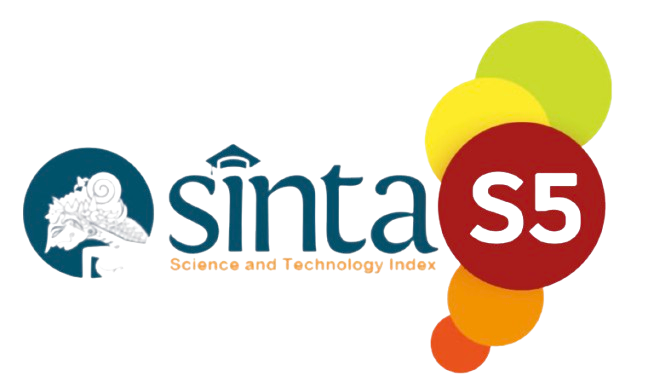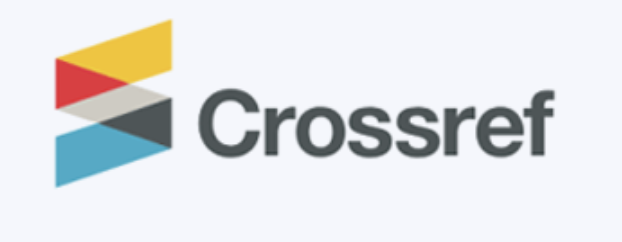Barriers to Success: Exploring the Challenges of 7th Semester English Education Students in PPL Program
DOI:
https://doi.org/10.52217/ijlhe.v8i1.1721Keywords:
Descriptive Qualitative, English Education, PPL Program, Students ChallengesAbstract
This research investigates the challenges encountered by seventh- semester English Education students at Raden Intan Lampung State Islamic University during their Field Experience Practice (PPL), a mandatory course designed to enhance their teaching knowledge and skills. Employing a descriptive qualitative approach, interviews were conducted with 25 students to gather data. The findings revealed a range of challenges categorized as follows: procedural category faced by 2 students, managerial category experienced by 11 students, psychological category encountered by 2 students, instructional challenges affecting 8 students, and professional category for 2 students. Notably, the primary challenges identified were related to classroom and time management. The research recommends expanding the perspectives of supervising teachers, students, and the broader school environment to gain deeper insights into the challenges and potential solutions associated with the PPL program
References
Angraini, Silva (2022) An Analysis Of Students' Challenges In Field Experience (PPL) During Covid-19 At English Language Education Of FKIP UIR. Other thesis, Universitas Islam Riau.
Aryani, Y., Purwana, D., & Marsofiyati. (2023). The Influence of Practice Field Experience (PPL) and Interest in Becoming A Teacher on Teacher Readiness in Students of Muhammadiyah University Prof. Dr. Hamka. Jurnal Pendidikan Ekonomi, Perkantoran, Dan Akuntansi, 4(1), 301–314. https://doi.org/10.21009/jpepa.0401.21
Bartell, C. A. (2005). Cultivating high-quality teaching through induction and mentoring. Thousand Oaks, CA: SAGE Publications.
Braun, V., & Clarke, V. (2006). Using thematic analysis in psychology. Qualitative Research in Psychology, 3(2), 77–101. https://doi.org/10.1191/1478088706qp063oa
Bungin, B. (2007). Penelitian kualitatif: Komunikasi, ekonomi, kebijakan publik, dan ilmu sosial lainnya. Kencana Prenada Media Group.
Creswell, J. W. (2003). Research design: Qualitative, quantitative, and mixed methods approaches. SAGE Publications.
Fakultas Tarbiyah dan Keguruan UIN Raden Intan Lampung. (2022). Panduan praktik pengalaman lapangan.
Ilhami, A. S. (2023). Innovation: A model of field experience practice-based lesson study (THLS) to enhance pre-service science teacher research skills. Journal of Education Research and Evaluation, 7(1), 80–87. https://doi.org/10.23887/jere.v7i1.51386
Karakose, T., Kocabas, I., Yirci, R., Papadakis, S., Ozdemir, T. Y., & Demirkol, M. (2022). The development and evolution of digital leadership: A bibliometric mapping approach-based study. Sustainability, 14(23), 16171.
Karakose, T., Papadakis, S., Tülübaş, T., & Polat, H. (2022). Understanding the intellectual structure and evolution of distributed leadership in schools: A science mapping-based bibliometric analysis. Sustainability, 14(24), 16779.
Karakose, T., Polat, H., Yirci, R., Tülübaş, T., Papadakis, S., Ozdemir, T. Y., & Demirkol, M. (2023). Assessment of the relationships between prospective mathematics teachers’ classroom management anxiety, academic self-efficacy beliefs, academic amotivation and attitudes toward the teaching profession using structural equation modelling. Mathematics, 11(2), 449.
Korthagen, F. A. J. (2004). In search of the essence of a good teacher: Towards a more holistic approach to teacher education. Teaching and Teacher Education, 20(1), 77–97. https://doi.org/10.1016/j.tate.2003.10.002
Larkin, J., & Neuman, D. (2005). Managing time in the classroom: A key to effective teaching. International Journal of Educational Management, 19(5), 386–395. https://doi.org/10.1108/09513540510607756
Nurchurifiani, E., Maximilian, A., Ajeng, G. D., Wiratno, P., Hastomo, T., & Wicaksono, A. (2025). Leveraging AI-Powered Tools in Academic Writing and Research: Insights from English Faculty Members in Indonesia. International Journal of Information and Education Technology, 15(2), 312–322. https://doi.org/10.18178/ijiet.2025.15.2.2244
Rusman. (2018). Educational technology: Theory and application in education. PT Raja Grafindo Persada.
Serliana, A. U. (2020). Pre-service teachers' challenges in classroom management during teaching practice. Journal of Language Teaching and Learning, Linguistics and Literature, 8(2), 90–100.
Shulman, L. S. (1987). Knowledge and teaching: Foundations of the new reform. Harvard Educational Review, 57(1), 1–22.
Sugiyono. (2013). Metode penelitian pendidikan: Pendekatan kuantitatif, kualitatif, dan R&D. Alfabeta.
Terrell, T. D., & Brown, H. D. (1981). Principles of language learning and teaching. The Modern Language Journal, 57(3), 124–126. http://doi.org/10.2307/414380
Van Tartwijk, J., & den Brok, P. (2010). Time and teaching: A study of student teachers' time use in the classroom. Teaching and Teacher Education, 26(6), 1317–1326. https://doi.org/10.1016/j.tate.2010.03.002
Yirci, R., Karakose, T., Kocabas, I., Tülübaş, T., & Papadakis, S. (2023). A bibliometric review of the knowledge base on mentoring for the professional development of school administrators. Sustainability, 15(4), 3027.
Zulianti, H., Hastuti, H., Nurchurifiani, E., Hastomo, T., Maximilian, A., & Ajeng, G. D. (2024). Enhancing Novice EFL Teachers’ Competency in AI-Powered Tools Through a TPACK-Based Professional Development Program. World Journal of English Language, 15(3), 117. https://doi.org/10.5430/wjel.v15n3p117














